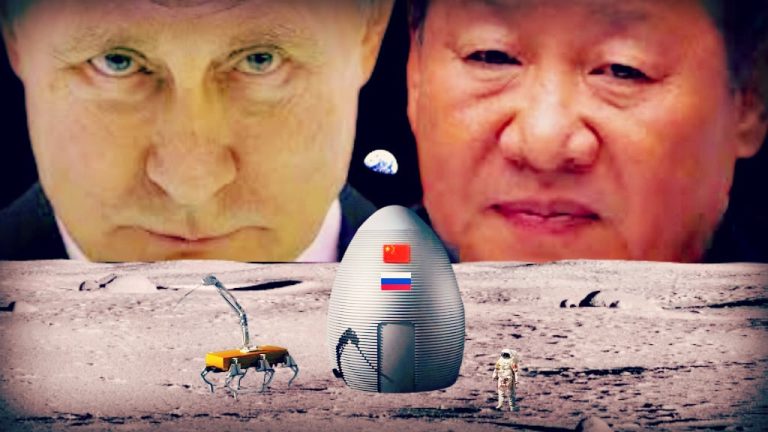
Space, the final frontier… of economic competition.
In plans not very different from NASA's announced plans, Russia and China are now reportedly considering placing a nuclear power plant on the moon.
And not in some hypothetical future either, but within a decade.
Yuri Borisov, head of the Russian space agency Roscosmos, stated that this could happen in the period from 2033 to 2035.
Roscosmos is not at its best, after Luna-25, the first lunar mission in 47 years, went out of control and crashed on the moon's surface – but the Indian space agency faced the same problem, and two years later successfully landed their first spacecraft.
So I think one underestimates the Russian space program at one's own peril.
According to Borisov, the nuclear power plant could one day allow the construction of lunar settlements. He said that Russia and China are working jointly on the moon project, with Moscow contributing its expertise in “nuclear space energy.”
Reuters reported:
“Today, we are seriously considering a project – sometime in early 2033-2035 – to deliver and install a power module on the moon with our Chinese colleagues,” Borisov said.

As on Earth, so on the moon — solar panels don't provide enough electricity to power future human settlements on the moon, while nuclear power could, he said.
“This is a very serious challenge… It has to be done in automatic mode, without the presence of humans,” he said of the potential plan.
While many may doubt his plans, Borissov has more up his sleeve. He also talked about Russian plans to build a nuclear-powered space cargo ship.
He said that all technical issues related to the project have been resolved. 'Apart from finding a solution on how to cool the nuclear reactor'.
“We are already working on a tug spacecraft. “This is a huge structure that, thanks to a nuclear reactor and high-power turbines, will be able to transfer large cargo from one orbit to another, collect space debris and participate in many other applications,” Borisov said.
Moscow intends to launch more lunar missions, and perhaps participate in a joint Russian-Chinese manned mission that could develop into a partnership on a lunar base.
China, for its part, promised to send the first Chinese astronaut to the moon before 2030.
Read more:
Economic Moon Wars

